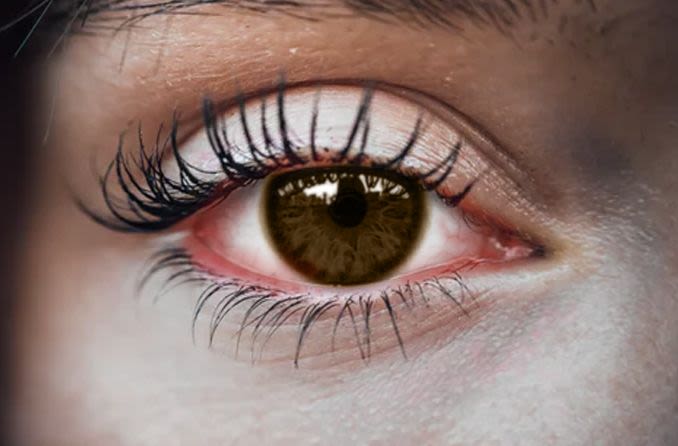How long does conjunctivitis last?

How long conjunctivitis lasts depends on what caused it. Common conjunctivitis symptoms can last anywhere from a few days to a few weeks.
Many types of conjunctivitis are contagious, but only after the symptoms emerge.
It appears people are not contagious during the incubation period of conjunctivitis — the time of up to a few days between when they are exposed and when the symptoms begin.
If your conjunctivitis is caused by a common viral infection and no other complications occur, then your eyes should clear up within 7 to 14 days.
Conjunctivitis can also be bacterial, which — even with treatment such as prescription antibiotic eye drops — can last up to a month or longer. However, with this type of conjunctivitis, people should no longer be contagious 24 hours after antibiotic treatment begins.
How long do different types of conjunctivitis last?
With viral conjunctivitis, symptoms usually are worse beginning about three to five days after the eye infection begins.
You may need eye drops containing decongestants or antihistamines to reduce irritation and swelling, sometimes for as long as one or two weeks. You are no longer contagious when your eyes look and feel normal again.
If your eye infection is not due to viral or bacterial causes, then you might have allergic conjunctivitis.
In that case, conjunctivitis from allergic reactions to pollen, dust and pet hair can last indefinitely, especially depending on the time of year.
Allergic conjunctivitis is not likely to go away on its own unless you remove or avoid the cause of the reaction.
In the meantime, you might consider using eye drops containing antihistamines to ease symptoms of the allergic reaction. Eye drops for allergies are available over-the-counter or by prescription from your optometrist.
When in doubt about what's causing your conjunctivitis, always consult your optometrist.
Page published on Tuesday, 17 March 2020






